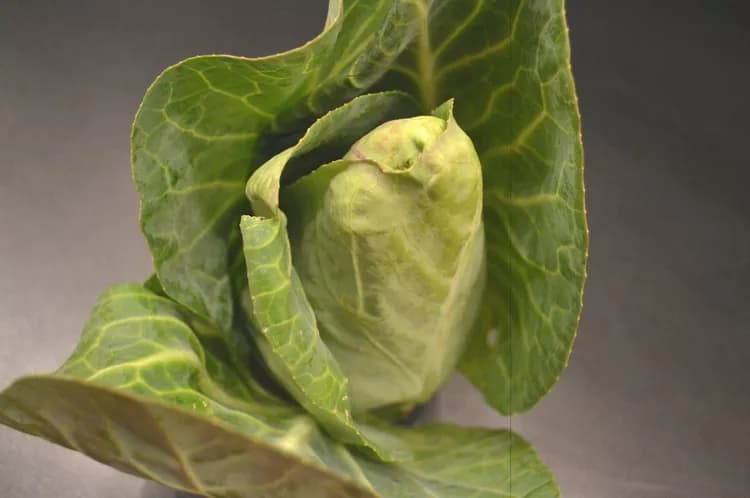
Vegetables May Help Protect Elderly Women From Hardening Of Neck Arteries
Elderly Australian women who ate more vegetables showed less carotid artery wall thickness, according to new research in Journal of the American Heart Association, the Open Access Journal of the American Heart Association/American Stroke Association.
Cruciferous vegetables including broccoli, cauliflower, cabbage and Brussels sprouts proved the most beneficial.
"This is one of only a few studies that have explored the potential impact of different types of vegetables on measures of subclinical atherosclerosis, the underlying cause of cardiovascular disease," said Lauren Blekkenhorst, study lead author and Ph.D. candidate at the University of Western Australia in Crawley.
Researchers distributed food frequency questionnaires to 954 Australian women aged 70 and older. The women noted their vegetable intake in a range from "never eating vegetables" to "three or more times per day." Vegetable types included cruciferous, allium (for example, onions, garlic, leeks and shallots), yellow/orange/red, leafy green and legumes. Sonograms were used to measure carotid artery wall thickness and entire carotid trees were examined to determine carotid plaque severity.
Researchers observed a 0.05 millimeter lower carotid artery wall thickness between high and low intakes of total vegetables. "That is likely significant, because a 0.1 millimeter decrease in carotid wall thickness is associated with a 10 percent to 18 percent decrease in risk of stroke and heart attack," Blekkenhorst said.
In addition, each 10 grams per day higher in cruciferous vegetable intake was associated with 0.8 percent lower average carotid artery wall thickness. Other vegetable types did not show an association with carotid artery wall thickness in this study.
"After adjusting for lifestyle, cardiovascular disease risk factors (including medication use) as well as other vegetable types and dietary factors, our results continued to show a protective association between cruciferous vegetables and carotid artery wall thickness," Blekkenhorst said.
However, due to the observational nature of this study a causal relationship cannot be established. "Still, dietary guidelines should highlight the importance of increasing consumption of cruciferous vegetables for protection from vascular disease," Blekkenhorst said.
Related Articles
Test Your Knowledge
Asked by users
Related Centers
Related Specialties
Related Physicians
Related Procedures
Related Resources
Join DoveHubs
and connect with fellow professionals

0 Comments
Please log in to post a comment.